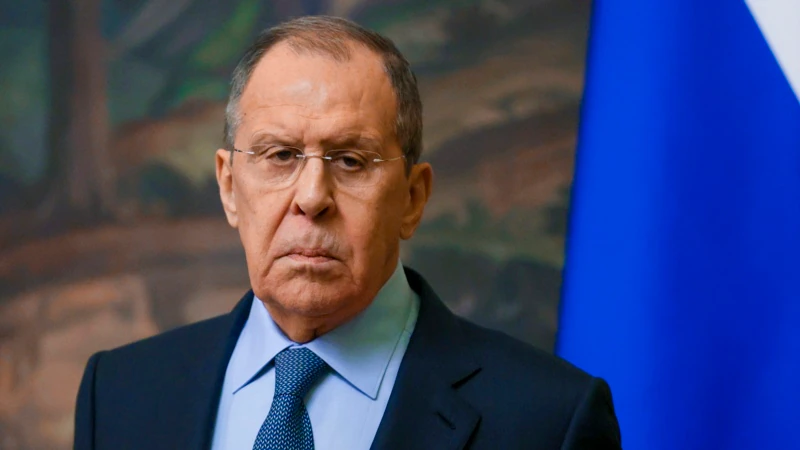Russia’s Foreign Minister Sergey Lavrov is visiting Egypt, Ethiopia, Uganda and the Republic of Congo this week, trying to counteract Western blame of Russia for a growing global food crisis. Experts say Russia will push its own narrative as to why it’s attacking Ukraine and use the visit to show it has friends.
Lavrov was in the Republic of Congo Monday, the second day of his tour, to meet with the leadership of the central African nation.
Steven Gruzd is the head of the Russia-Africa Program at the South African Institute of International Affairs, said Russia will play the victim card when meeting with African leaders.
“It’s a propaganda war as much as it’s a shooting war and we have seen from the Ukrainian side how successfully President Zelensky has used social media,” Gruzd said. “He gives daily messages, he talks to parliaments and to [the U.S.] Congress and to groups around the world. Virtually, he is seen being on the frontline and Russia is mounting a counter-offensive. I think this is all part of that same trend.”
Gruzd said it’s interesting that it is an in-person visit rather than online communication.
“I think it’s deliberately calculated to show that Russia is not isolated, that Russia still has friends in the world, that Russia still cares about Africa,” Gruzd said.
In Egypt, Lavrov met with Arab League leadership, seeking the support of the group’s 22-member states and accusing the West of ignoring his country’s security concerns. He is expected to do the same when he visits African Union headquarters in Addis Ababa.
Wale Olusola, who teaches international politics at Nigeria’s Obafemi Awolowo University, said Russia is using the African visit to clean up its image after invading Ukraine and seeks to influence the continent.
“The visit reverberates across all of Africa, so there is a message it sends globally in terms of a new relationship that Russia is trying to cut,” Olusola said. “Russia can make a big deal out of this visit, to at least give the impression to other members of the global community that it’s not isolated.”
Olusola said Russia could be seeking a long-term gain as well.
“These kinds of visits are not just diplomatic purely on the surface,” Olusola said. “We expect that some arrangement, some deals may be signed or informally agreed upon with Russia fairly in respect to countries that are having issues with security.”
The Stockholm International Peace Research Institute said Africa imports almost half of its military equipment from Russia, adding that arms export is a critical component of Russia’s economic growth.
By the institute’s count, the number of African countries buying weapons from Russia has grown to 21 from 16 in the 2000s. A handful of countries also use Russian-supplied mercenaries.
Olusola said African countries should use opportunities such as Lavrov’s visit to push for their own interests and that Russia must be willing to provide some kind of concrete economic and financial support for the challenged African economies.
“I think it’s an opportunity for African countries to reinstate the African position on the Ukraine crisis and, of course, to see ways beyond the Western relations and benefits it gets from Western countries,” Olusola said.
At the United Nations General Assembly in March, 38 African countries condemned Russia’s war on Ukraine, but supporters of Ukraine accuse African countries of doing too little to hold Russia accountable for its invasion.

